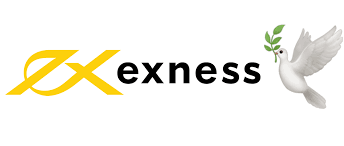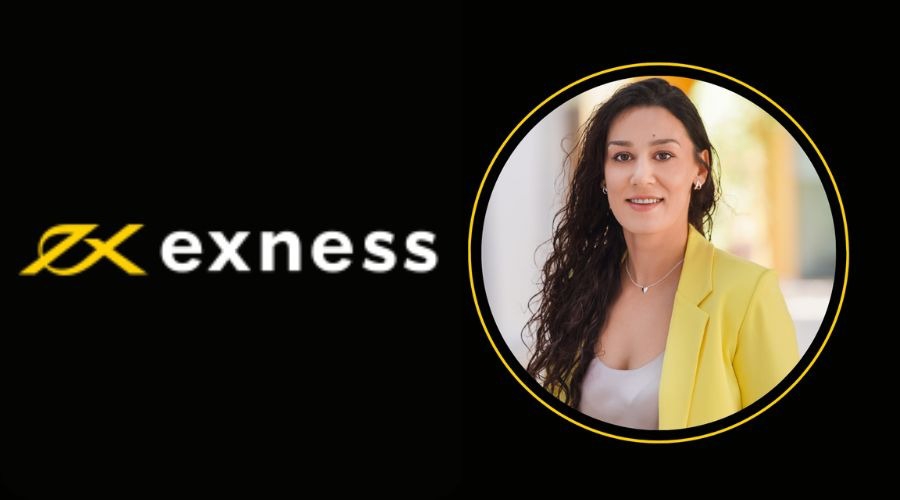
In the vast world of forex trading, selecting the right fx broker Exness forex & CFDs broker is a critical step that can significantly impact your trading success. With a multitude of options available, traders must carefully evaluate various factors to find a broker that aligns with their needs and trading strategies.
Understanding FX Brokers
Forex brokers serve as intermediaries between retail traders and the foreign exchange market. They facilitate the buying and selling of currency pairs, allowing individuals and institutions to trade on fluctuations in exchange rates. FX brokers can vary widely in terms of fees, features, trading platforms, and customer service options.
Types of FX Brokers
There are generally two main types of forex brokers: market makers and ECN (Electronic Communication Network) brokers.
- Market Makers: These brokers create a market for their traders by setting buy and sell prices. They often profit from the spread, which is the difference between the buy and sell price. Market makers can offer fixed spreads and the added advantage of executing trades quickly.
- ECN Brokers: ECN brokers facilitate trades directly between market participants. They provide access to real-time prices from multiple liquidity providers, often offering lower spreads. However, traders may incur additional commissions with ECN brokers.
Key Factors to Consider When Choosing an FX Broker
Certain key factors should guide your decision when selecting an FX broker. Here are several critical elements to consider:
1. Regulation
Regulation is paramount in ensuring the safety of your investments. A reputable FX broker should be regulated by a recognized authority, such as the Financial Conduct Authority (FCA) in the UK, the Commodity Futures Trading Commission (CFTC) in the USA, or the Australian Securities and Investments Commission (ASIC). Regulatory oversight helps protect traders by requiring brokers to adhere to strict guidelines regarding capital adequacy and client funds.
2. Trading Costs
All forex brokers charge fees, whether through spreads or commissions. It’s essential to understand the cost structure of the broker you choose. Look for competitive spreads, preferably tight spreads for major currency pairs, and evaluate commission rates, especially with ECN brokers. Low trading costs can significantly enhance your profitability.
3. Trading Platform

The trading platform is your gateway to the forex market; therefore, it’s crucial to choose a broker that offers a user-friendly and robust trading platform. Popular trading platforms like MetaTrader 4 (MT4) and MetaTrader 5 (MT5) provide advanced charting tools, technical indicators, and automated trading capabilities. Ensure the platform is reliable and easy to navigate.
4. Range of Currency Pairs
Consider what currency pairs the broker offers. While most brokers provide access to major pairs like EUR/USD and USD/JPY, you may also want to trade minor and exotic pairs. Choose a broker that aligns with your trading strategy and offers a diverse selection of markets.
5. Leverage and Margin
Leverage is a double-edged sword in forex trading, amplifying both potential profits and losses. Be cautious when choosing a broker’s leverage options. Make sure you understand the associated risks of higher leverage, and select a broker that aligns with your risk tolerance and trading style.
6. Account Types
Several brokers offer multiple account types tailored to different trading needs. Look for flexibility in account types, which may range from standard accounts to managed accounts and accounts for scalping or algorithmic trading. The features and benefits may vary considerably from one account type to another.
7. Customer Service
A responsive customer service team can make a world of difference in your trading experience. Opt for brokers that offer multiple channels of support, such as live chat, email, and phone assistance. Test the responsiveness of their customer service before making a final decision.
Research & Reviews
Take the time to conduct thorough research on potential brokers. Online reviews and trader testimonials can provide valuable insights. Look for independent reviews that highlight both positive and negative experiences with the broker. Traders often share their experiences, which can help you make an informed choice.
Conclusion
Choosing the right FX broker is a critical factor that can influence your success as a trader. By considering aspects such as regulation, trading costs, platform functionality, leverage, and customer service, you can make a well-informed decision. Always remember to perform detailed research and reviews before committing to a broker, and don’t hesitate to open a demo account to test their services. With the right broker at your side, you can confidently navigate the exciting world of forex trading.

Comment (0)